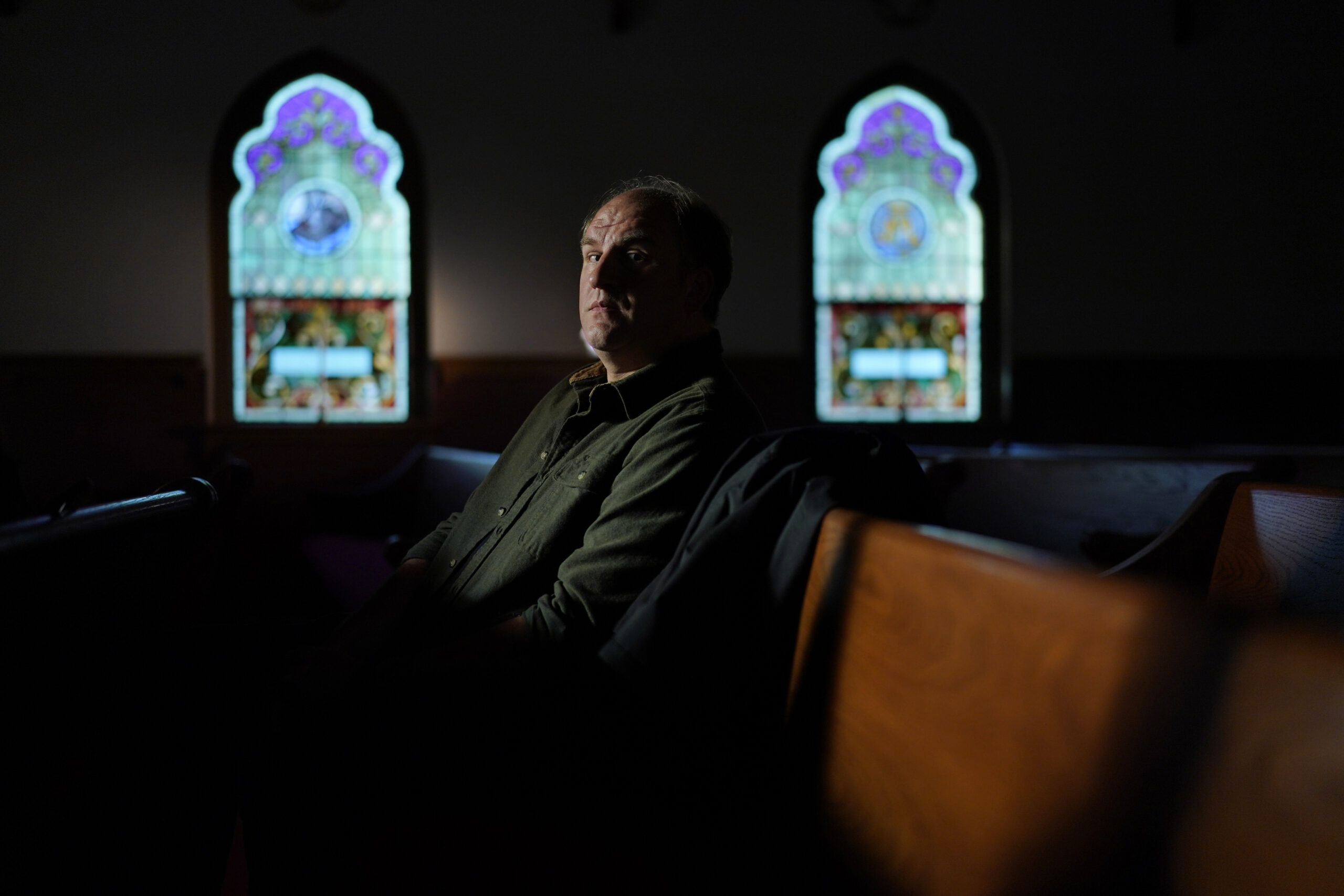The Supreme Court on Thursday sided with a Christian former U.S. Postal Service mail carrier who sued after he was denied accommodations to avoid work on the Sabbath.
The unanimous ruling in Groff v. DeJoy makes it easier for employees seeking religious accommodations in the workplace. “Title VII requires an employer that denies a religious accommodation to show that the burden of granting an accommodation would result in substantial increased costs in relation to the conduct of its particular business,” the majority held.
UNIVERSAL BASIC INCOME PAYMENTS: BIG CITIES THAT HAVE JUMPED INTO PROGRAMS TO GIVE AWAY MONEY
The lawsuit between ex-USPS carrier Gerald Groff and his former employers marked a test for how far a business must go to accommodate the religious views of employees. His counsel argued the justices should make it easier to bring claims under Title VII of the Civil Rights Act, which bars discrimination by employers on several matters, including religion.

The majority ruled on Thursday that employers must “reasonably accommodate” workers’ religions and not just “assess the reasonableness of a particular possible accommodation or accommodations.”
Attorneys for Groff sought the justices to overturn a precedent established in the 1977 case Trans World Airlines v. Hardison, when the Supreme Court ruled that an employer need not accommodate an employee’s desire to avoid working on the Sabbath if that would mean operating shorthanded or requiring doling out premium wages to replace the workers. The justices at the time said an employer should not have to bear a so-called “de minimis,” or trifling burden.
Groff’s dispute worked its way through lower courts as Congress has slow-walked any movement on proposals to provide greater accommodation for religious observers in the workplace, an observation that Justice Sonia Sotomayor pointed out in a concurrence joined by Justice Ketanji Brown Jackson.
“The result of today’s Supreme Court opinion in Groff v. DeJoy is to load private, not just public, employers with new practical burdens in the name of accommodating employees’ religious belief,” Cato Institute senior fellow Walter Olson told the Washington Examiner.
During oral arguments, Justice Department Solicitor General Elizabeth Prelogar sought to clarify the government’s view that the 1977 case could be revised, stopping short of saying it should be completely overturned.
Prelogar said a way of clarifying the standard is that lower courts that have read Hardison to mean “you never have to accommodate” a religious request should be informed that “is inconsistent with the current state of the law.”
CLICK HERE TO READ MORE FROM THE WASHINGTON EXAMINER
“Not every belief or practice can be accommodated, but experience has shown that with some effort and goodwill, most can,” Marc Stern, chief legal officer of the American Jewish Committee, told the Washington Examiner on Thursday. “The court’s insistence that hardship on employers means substantial hardship and not de minimis hardship puts real teeth into the law.”
The case was argued in April. Groff maintains that his former managers initially arranged for other workers to deliver packages on Sundays until July 2018, when he began to face disciplinary actions if he did not come to work.

